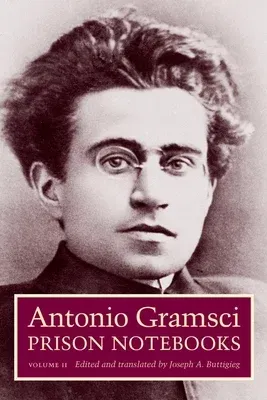Antonio Gramsci
(Author)Prison Notebooks: Volume 2Paperback, 3 January 2011

Qty
1
Turbo
Ships in 2 - 3 days
In Stock
Free Delivery
Cash on Delivery
15 Days
Free Returns
Secure Checkout

Reading Age
Ages: 22
Grade Levels
17
Part of Series
European Perspectives: A Series in Social Thought & Cultural Criticism (Paperback)
Print Length
728 pages
Language
English
Publisher
Columbia University Press
Date Published
3 Jan 2011
ISBN-10
0231105932
ISBN-13
9780231105934
Description
Product Details
Audience:
Ages: 22
Author:
Book Format:
Paperback
Country of Origin:
US
Date Published:
3 January 2011
Dimensions:
23.11 x
15.49 x
3.81 cm
Educational Level:
Grade Levels: 17
ISBN-10:
0231105932
ISBN-13:
9780231105934
Language:
English
Location:
New York
Pages:
728
Publisher:
Weight:
1038.73 gm